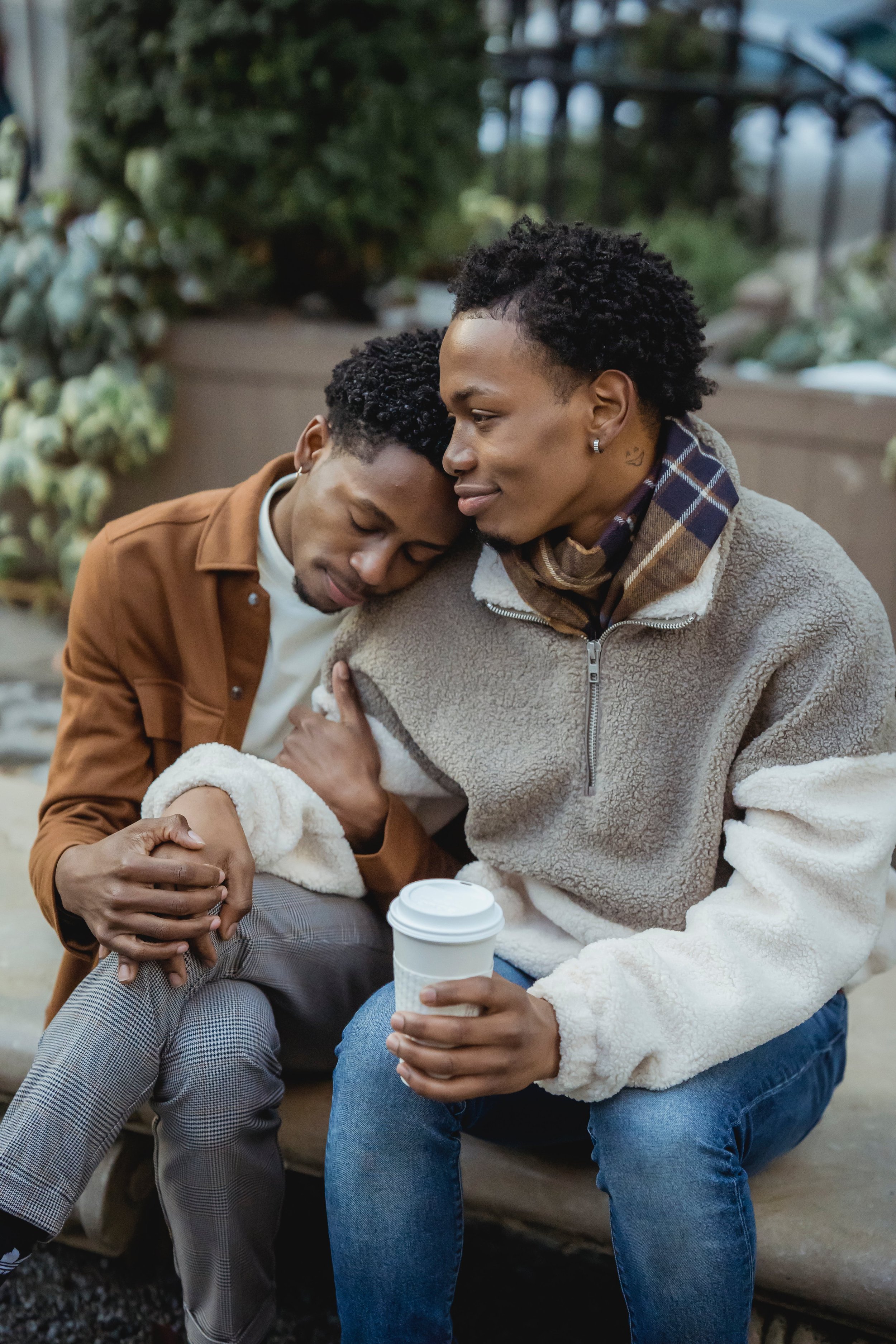Love Languages: Understanding How We Express Affection
In the realm of relationships, communication is key. But what if I told you that it's not just what you say that matters, but how you say it? Enter the concept of love languages – a powerful framework for understanding how individuals express and receive affection. Developed by Dr. Gary Chapman in his book "The Five Love Languages," this concept has revolutionized the way we perceive and navigate relationships.
Imagine this: You've just had a tough day at work, feeling stressed and exhausted. You come home to find your partner has prepared your favorite meal and drawn a warm bath for you. This simple act of service speaks volumes to you, filling your heart with love and gratitude. Meanwhile, your partner may express affection through physical touch, longing for a warm embrace or a gentle caress. This scenario perfectly illustrates the essence of love languages – the idea that we all have unique ways of expressing and interpreting love.
The Five Primary Love Languages:
Words of Affirmation: For individuals whose primary love language is words of affirmation, hearing verbal expressions of love, appreciation, and encouragement is paramount. Simple phrases like "I love you," "You're amazing," or "I appreciate all that you do" can speak volumes to them.
Acts of Service: Actions speak louder than words for those who resonate with acts of service. Whether it's doing household chores, running errands, or providing practical support, these individuals feel most loved when their partner actively helps and supports them.
Receiving Gifts: Some people express and receive love through the exchange of gifts. It's not about materialism but rather the thought and effort put into selecting or creating a meaningful gift. Even a small token of affection can speak volumes to someone whose love language is receiving gifts.
Quality Time: Quality time enthusiasts thrive on undivided attention and meaningful interactions. Whether it's engaging in deep conversations, going on adventures, or simply spending quiet moments together, the focus is on the connection and intimacy shared during these moments.
Physical Touch: Physical touch is a powerful way of expressing love and affection for many individuals. From hugs and kisses to holding hands and cuddling, physical intimacy plays a central role in their emotional well-being and sense of connection.
Understanding and embracing each other's love languages can significantly enhance relationship satisfaction and harmony. It allows partners to communicate love in a way that resonates deeply with their significant other, fostering a stronger emotional connection and intimacy.
But what happens when partners have different love languages? This is where communication and compromise come into play. Open and honest conversations about each other's needs, preferences, and ways of expressing affection are crucial. It's about finding a balance and making conscious efforts to meet each other's emotional needs, even if they differ from our own.
Therapists often utilize the concept of love languages in couples counseling to help partners bridge the gap and cultivate a deeper understanding of each other. By exploring and embracing these love languages, couples can build stronger, more fulfilling relationships grounded in love, respect, and empathy.
In conclusion, love languages offer invaluable insights into the intricate dynamics of human relationships. They remind us that love is not one-size-fits-all but rather a beautifully diverse spectrum of expressions. By learning to speak each other's love languages fluently, we can create lasting bonds filled with compassion, affection, and mutual understanding. So, let's embark on this journey of discovery and celebrate the myriad ways we express affection – because love truly knows no bounds. Reach out to us to learn more about couples therapy.


